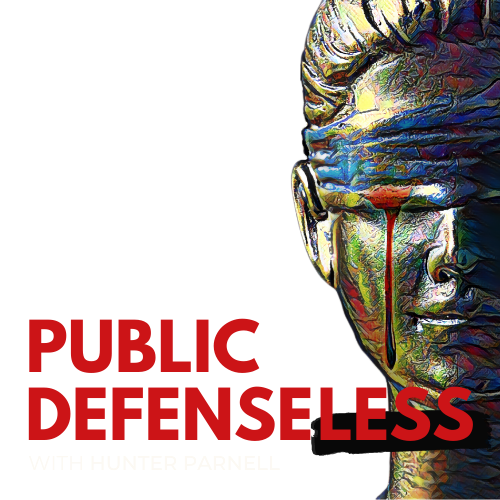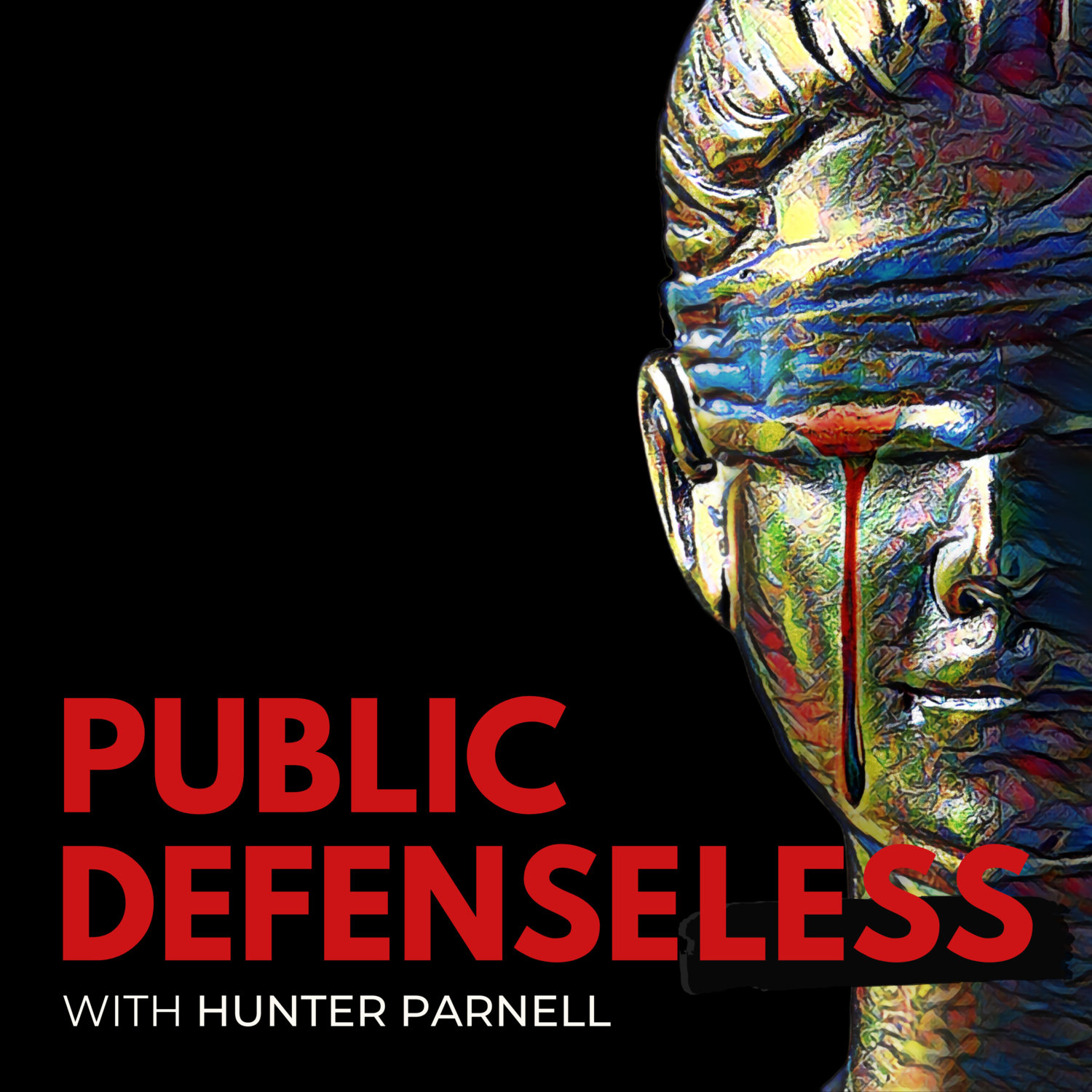The Essential Role of Social Work and Mitigation Specialists in Public Defense with Justin Heim
Justin Heim - Staff Development Program Specialist (Training Division), Wisconsin State Public Defender - joins this episode to breaks down what a social worker really is and helps us define their role in the legal system.
Trauma is something that is not only affecting the community but the agents working to help as well. Justin believes a renaissance is beginning as our culture accepts that emotional intelligence is an integral part to our functionality, both in and out of the system. Without pausing to process, we can easily endanger our community by not coming into these high risk situations with the compassion they deserve. I hope you leave today with a new perspective of our culture's craving for punishment.
Key Takeaways:
• What is a Social Worker? [8:20]
• A new approach: Shifting towards emotional intelligence [12:45]
• The overlooked reality that experiencing trauma is inevitable for social workers [13:25]
• The traumatic imprint of a situation will manifest [15:30]
• Crisis response teams: assessing if someone is a danger to themselves [19:00]
• Retraining for moments of crisis: Teaming with Police to de-escalate situations [22:30]
• Making difficult decisions on behalf of people who need help in moments of crisis [25:00]
• When does my right to choose something start to impede on your right to safety? [29:00]
• Social workers are necessary to help attorney’s understand the client's story [37:00]
• Community correction agents and pre investigations for sentencing [46:22]
• Compassion fatigue and moral injury in the public defenders [48:45]
• The work is never ending so you do have take the time to care for yourself [58:00]
• Social workers will intuitively get involved in the transformative justice movement [62:10]
• Helping victims understand that punishment is not always useful [64:30]
• Punishment is not always the solution [68:00]
Resources:
Email: HeimJ@opd.wi.gov
Memorable Quotes:
“It has to change because…it’s not transactional law, criminal defense is not transactional law, you are working with human beings, human beings who have experienced trauma. You will experience trauma, right? Your colleagues are traumatized. This work takes a lot out of people and we need to acknowledge that.”[13:25]
“If we went with law enforcement, they would often let us lead, right, as far as building that rapport and then if it came to that point of like it seems like this isn’t safe…almost every single time it was not any confrontation necessary. It might have been against the person’s will, they did not want to come but I feel like if the officers are skilled enough and working together with community mental health folks that is really the best situation.” [20:37]
“Sometimes when someone is saying “‘I don’t want to be hospitalized, I don’t want to take my medication” previously sometimes they told you “when I say this, please give me my medication, please hospitalize me” right so, it’s not as easy as like, the best interest verses what their expressed interest was because sometimes those things get confused depending on the situation.” [25:27]
“We are educated to find punishment pleasurable, if we can see another and judge them as wrong, If we have some rules and we know this is right and this is wrong therefor I get to say you’re wrong and you should be punished it increases my sense of rightness.” [67:40]

